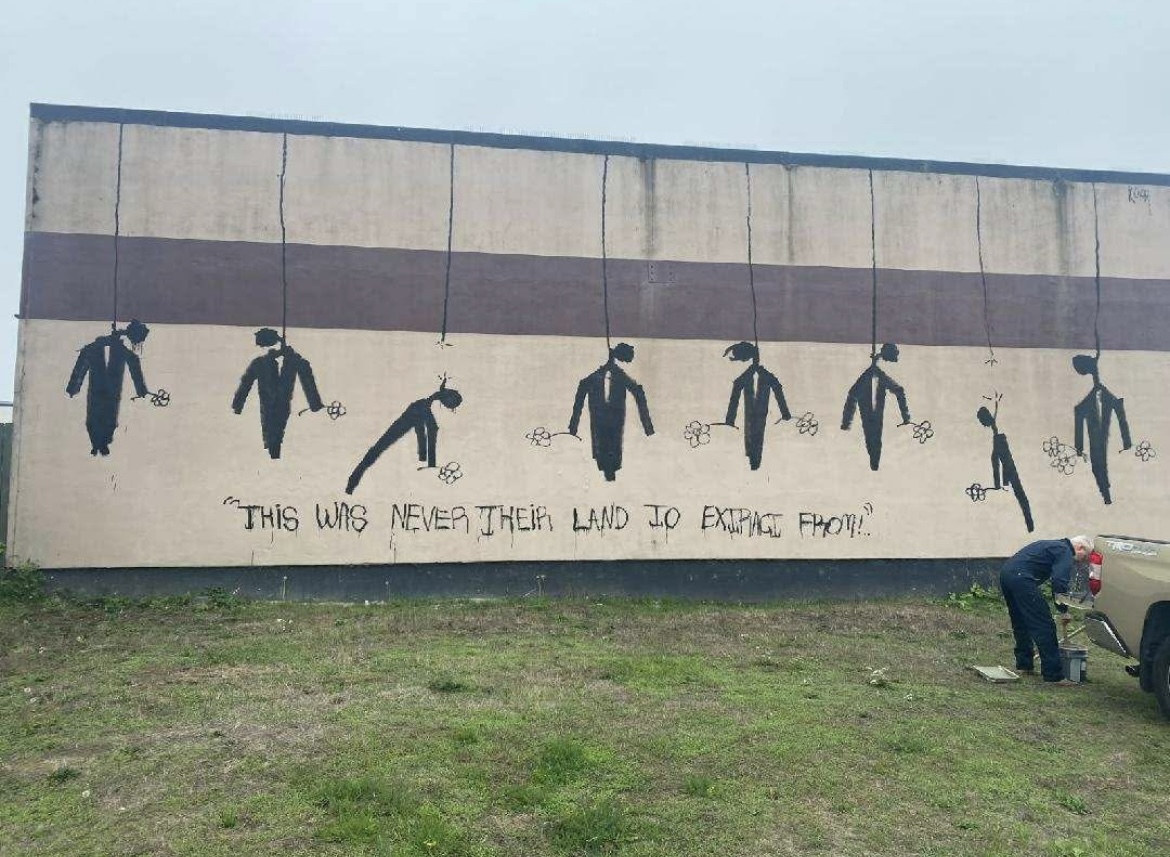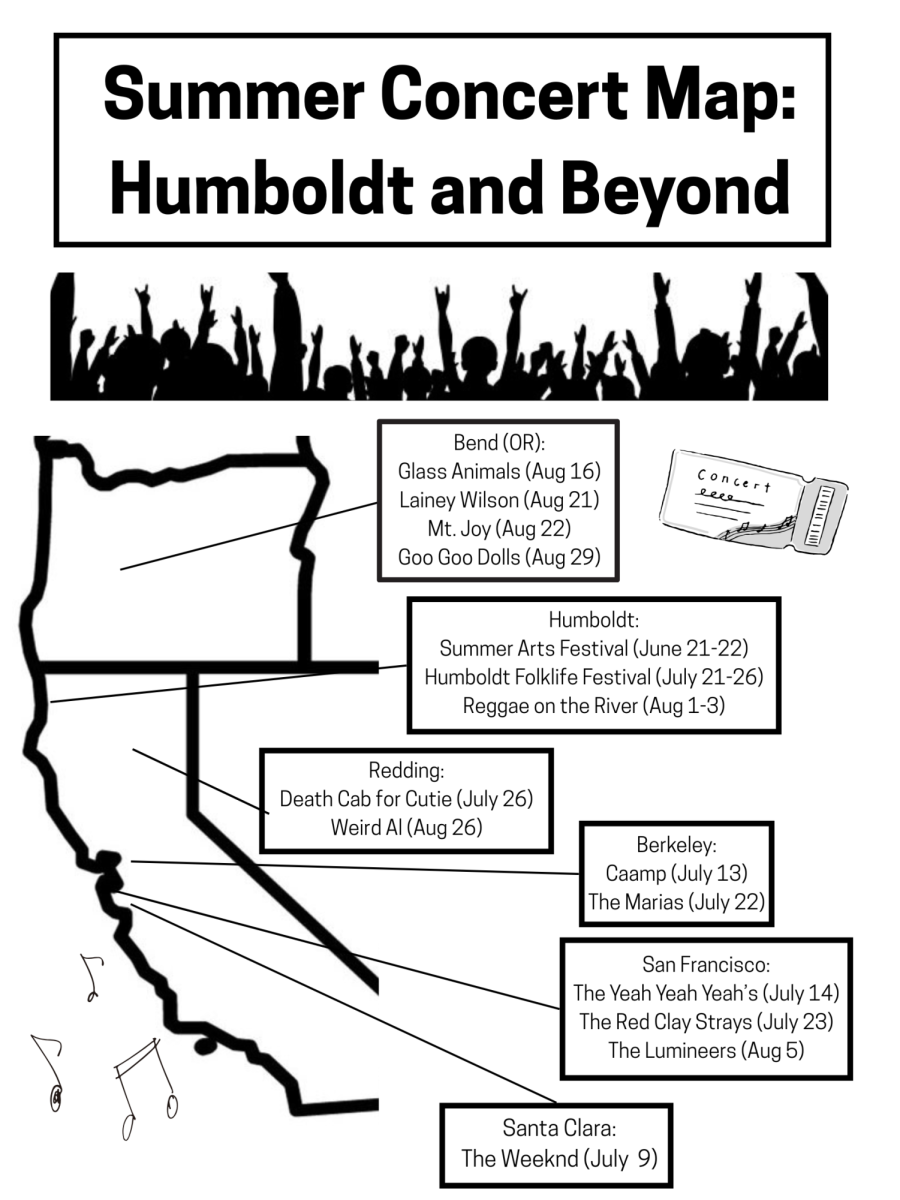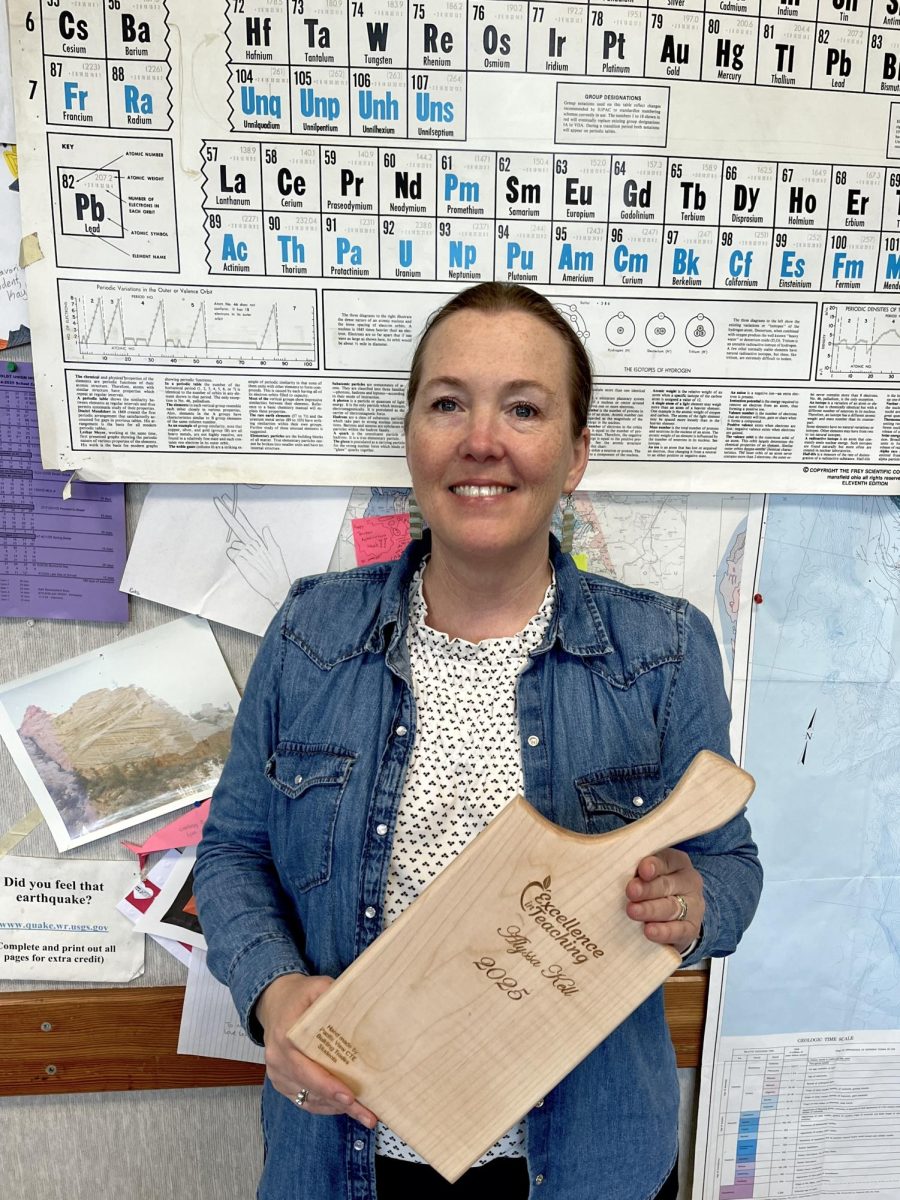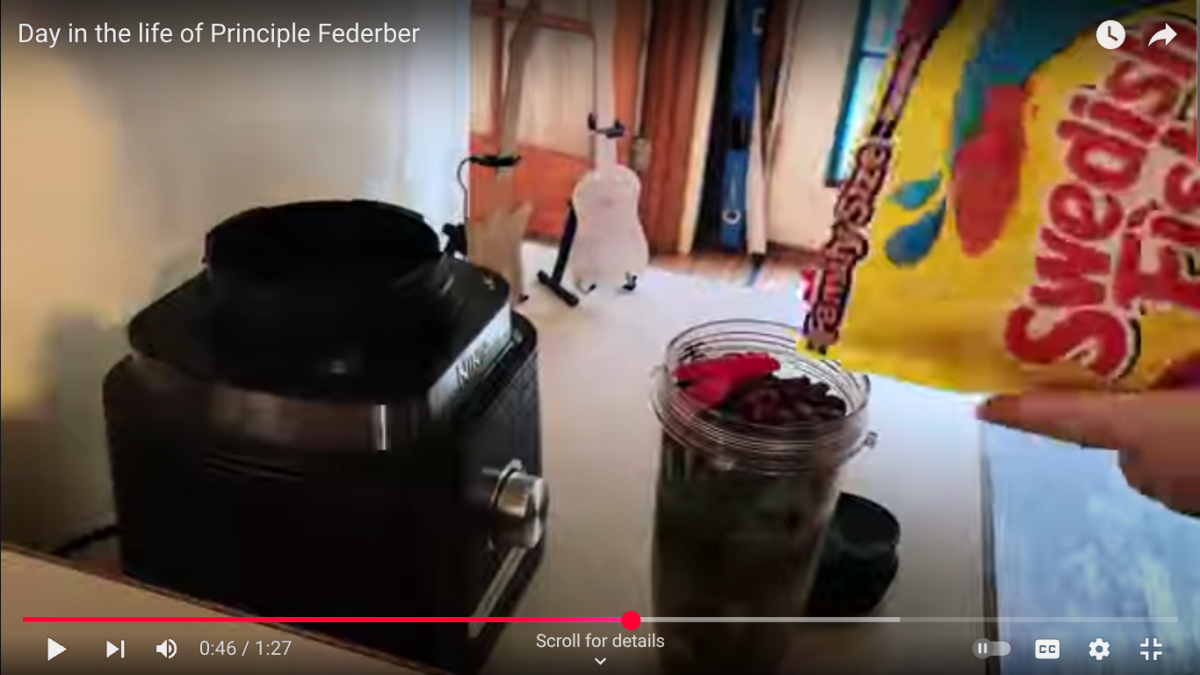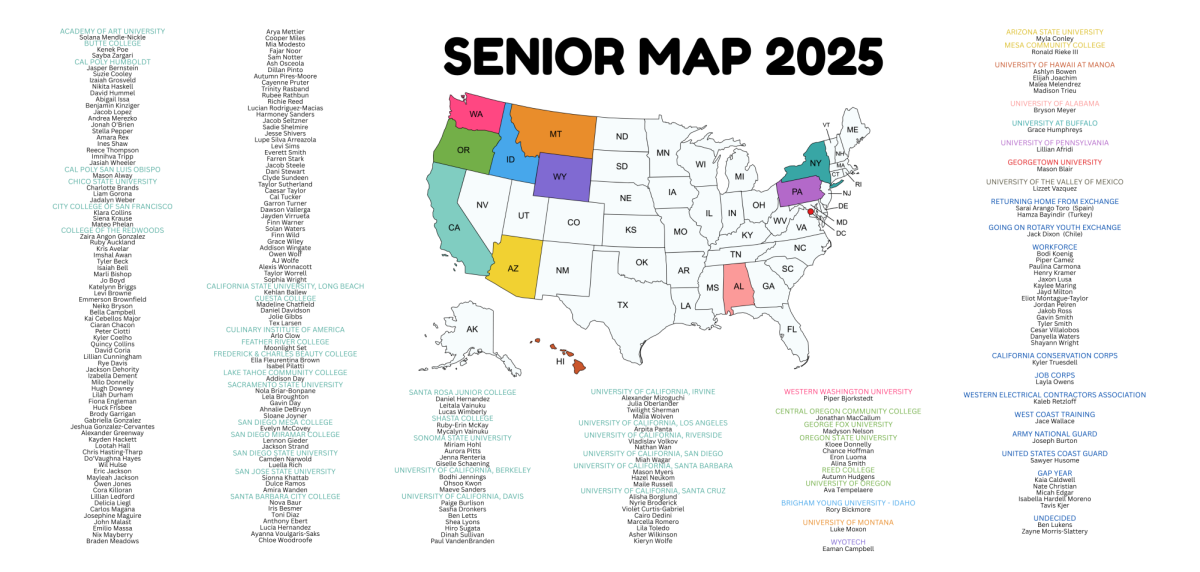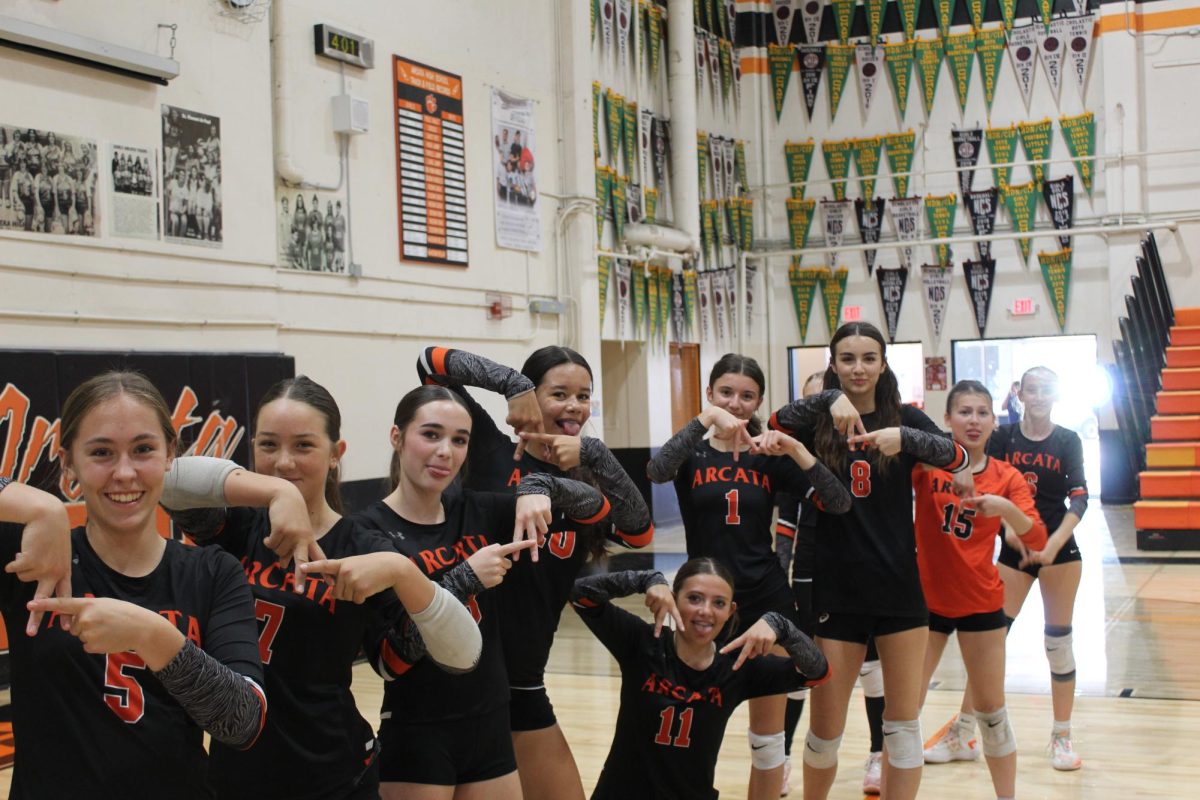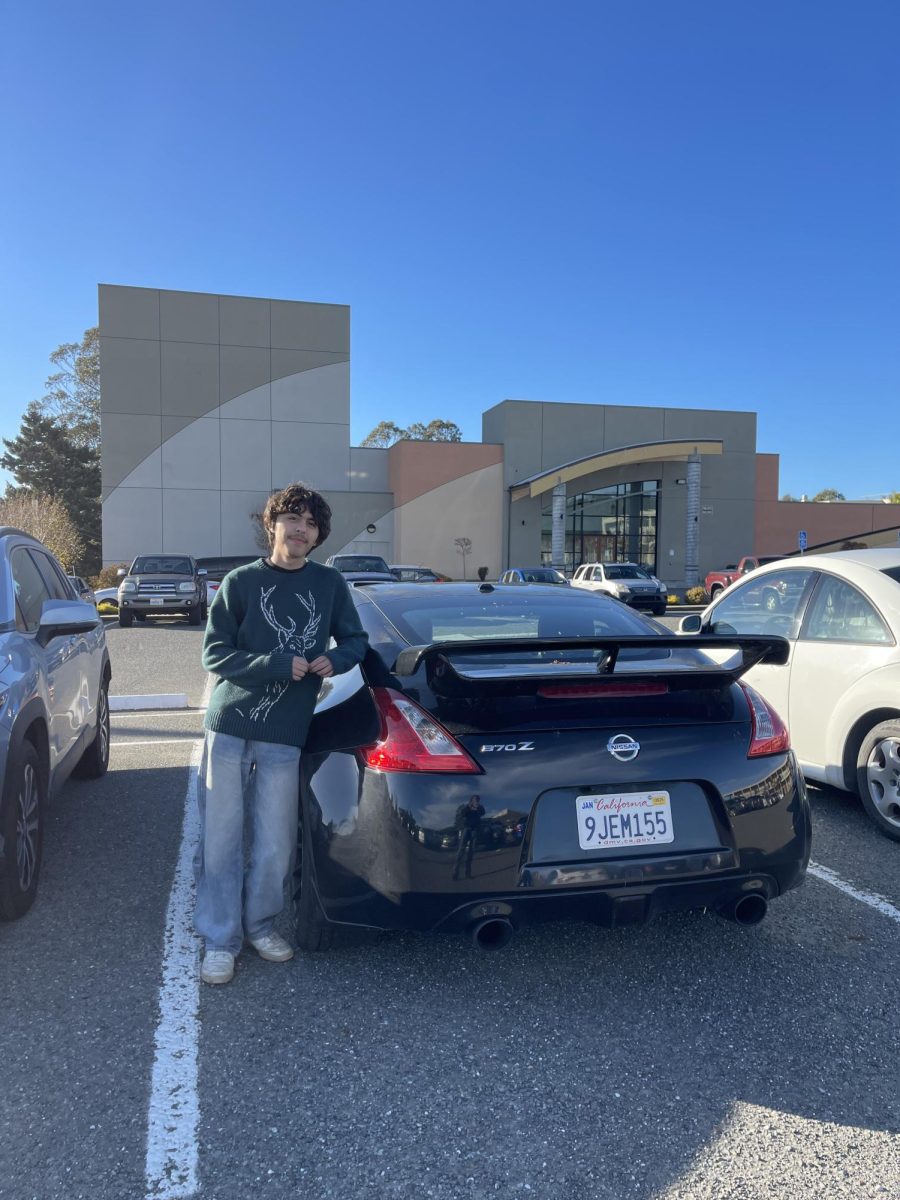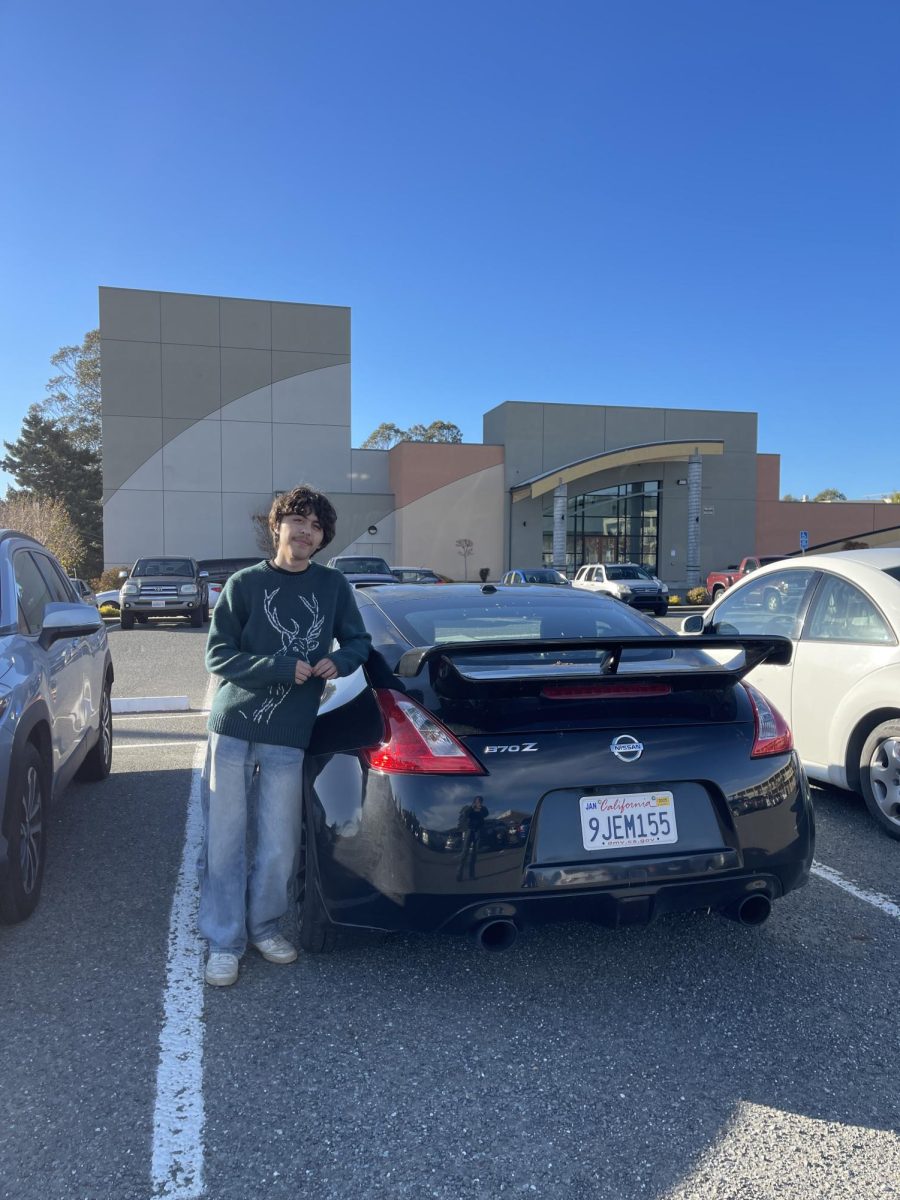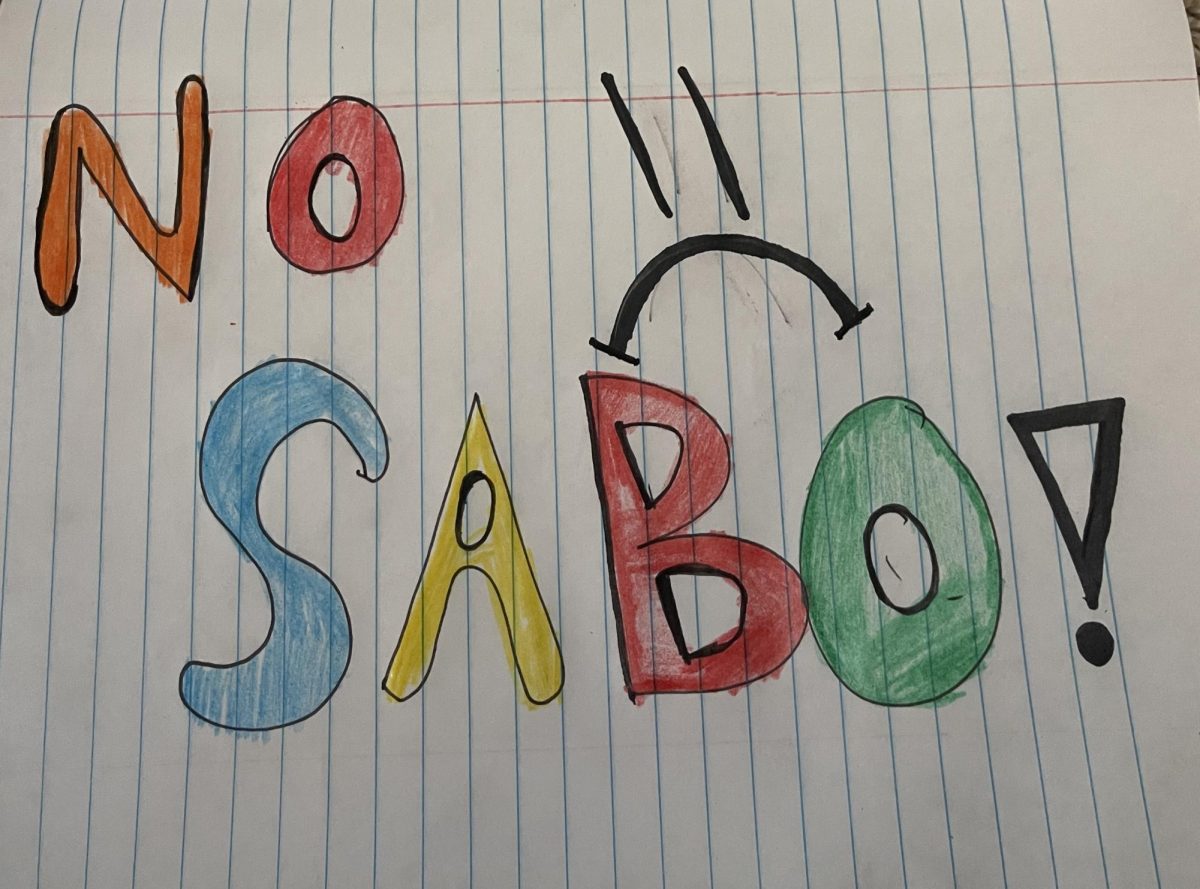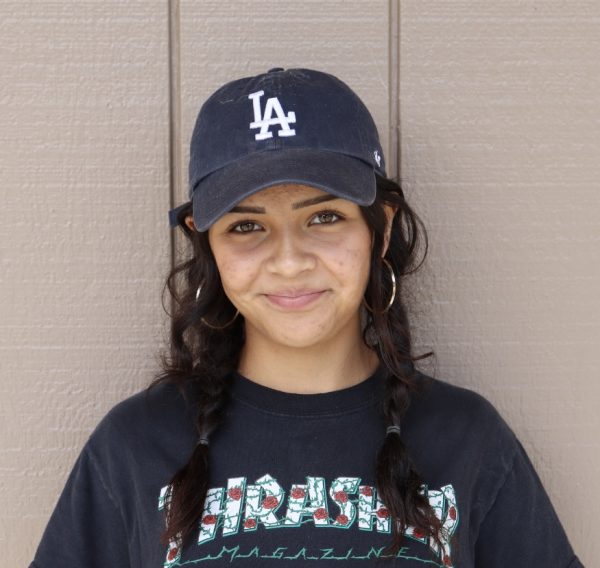In a world where languages intertwine and cultures collide, the term “no Sabo” has surfaced as a playful yet powerful expression within bilingual communities, particularly among Latinx youth. Commonly used to describe moments of linguistic uncertainty, as when one stumbles over words in their second language, the phrase captures the challenges of navigating multiple languages. It serves as a reminder that fluency is not the only measure of cultural identity. What does the term even mean?
A “no-sabo” kid is someone of Hispanic or Latin descent who isn’t very familiar with Spanish itself. They are often criticized for being “white-washed” and out of touch with their culture when in reality, they just weren’t taught entirely in the Spanish language. “No sabo” is really a made-up sentence. The logical term for saying “I don’t know” is “no se.” That’s the irony of the label.
Being known as a kid who is raised around those who are fluent in Spanish and not really being taught is a little more detrimental to one’s life than presumed.
Anayeli Auza, the Spanish teacher at Arcata High, explains how she feels about the term “no Sabo”.
“I think it can be a very offensive term,” Auza said. “ I really don’t like this ‘no sabo’ thing because kids actually have a lot of knowledge whether they can speak Spanish fluently or not. But I think I’ve also seen kids claim it back, and use it not in a negative way. But it can be offensive.”
The lack of acceptance is generally disheartening. What infuriates me most is ignorance about the reasoning for never learning Spanish. There is no acknowledgment of the deep-rooted shame that ‘no sabo kids’ can face. As many have their different reasoning and things they must face to overcome the unkind words, Marly Sanchez a junior attending Arcata High claims he is a “no sabo” kid.
“I’ve been told that I am and I would say that is correct,” Sanchez said. “I was raised around Spanish speakers, but they taught me up until I was three years old, and they kind of just stopped. They speak it to me at home, but I never picked it up to make it a language that I can speak.” This is a problem that many kids of Hispanic descent face, as their parents don’t really carry on the legacy of the language they speak at home. Many wonder what the reason is exactly, while parents say it is simply just the lack of utility within the language as well so they feel assimilated into what they associate with.
The main essence is that nobody in particular is less Latino or less Hispanic just because they don’t speak Spanish as fluently as they do English. And it isn’t ever the parents’ fault for not duly teaching Spanish, as they may deem it unnecessary to teach to kids who plan on living in America for the duration of their lives.
The way we interpret things is different for every individual, for example, junior Julio Romero thinks of it as a silly matter. “I think it’s funny, the term ‘no sabo’ comes from kids who don’t know Spanish or understand it, but at the same time I think it’s something that runs in our culture to make fun of people who come from the culture,” Romero claims. “The first time I heard the term was when my cousins came from Mexico and they called me a “no sabo.” I don’t really think it is a problem as long as you inherit your culture.”
It is vital to encourage people’s bilingualism as it can enhance people’s confidence and communication skills. It’s essential to recognize that language proficiency does not define cultural belonging, and if anything it may be room for practice as nobody is perfect in anything. Creating inclusive environments that value all language skills is important, so remember it’s “No se” not “No sabo.”

